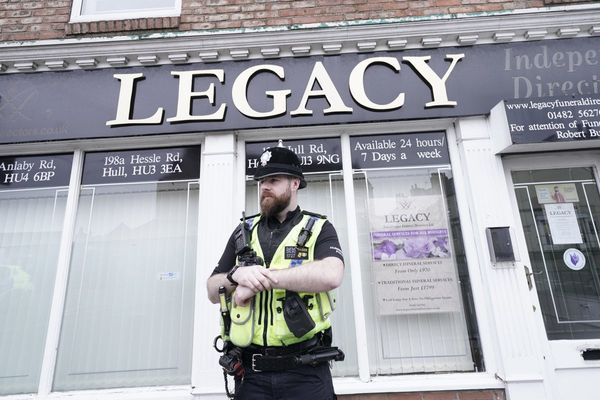
A myth revolves around the legal cannabis industry.
Forged out of the ashes of an illegal business, cannabis is often viewed as a space led by revolutionaries, ready to challenge the injustices set by the status quo.
This notion has often perpetuated the idea that cannabis and social justice are inseparable, two sides of the same coin.
However, according to a new report, the cannabis industry is not an exception to the general underrepresentation of women and minorities in the overall US economy.
“Racial and gender diversity in the marijuana industry is still lacking—especially in ownership and executive positions,” reads a new report done by the research team at MJBizDaily.
Report author Jenel Stelton-Holtmeier states that social equity initiatives are now an inseparable part of cannabis legalization, but the solution is still not a magical one.
Are Women Well-Represented In Cannabis? Not Really
According to MJBizDaily’s report, only 19% of cannabis businesses are owned by women across Colorado, Massachusetts, Nevada and Ohio. Due to a lack of reliable nationwide data available on this issue, the firm used these states as examples to provide a snapshot of the federal market.
In Massachusetts, this number only amounts to 5%.
“Lack of access to capital remains a key challenge for women looking to start a plant-touching business, regardless of the market,” wrote the report’s analysts.
The amount of capital needed to launch a plant-touching cannabis business can surpass six figures and the networks of investors that can provide that amount of money can be hard for women to tap into, noted the report.
In 2021, the number of women in executive positions fell below the national average for the larger U.S. business landscape. This is true across almost every sector of the industry.
This trend had seen an encouraging peak in 2019, reaching 38,6%. However, the number proceeded to drop down to 22.1%.
The subsector where this number is the most worrying is the investments side of the industry, where “less than 5% of executive positions at cannabis-focused investment firms are held by women,” possibly leading to the aforementioned difficulties in access to capital for female entrepreneurs.
In terms of regular employment including non-managerial positions, women account for 41.9% of the industry’s workers, somewhat below the national business average of 46.8%
Minorities Also Fall Far Below Average In Cannabis Ownership
The report looked at Nevada, Colorado and Michigan to showcase different stages of growth in the cannabis industry, from mature (Colorado) to nascent (Michigan).
In all three states, most businesses are not minority-owned, with whites or Caucasians representing ownership of 63% in Nevada, 79% in Michigan and 83% in Colorado.
“Colorado, with its leading position in launching legal cannabis markets, paid no attention to diversity when developing its programs.”
In New York, where adult-use cannabis was approved earlier this year, there appears to be an intention to tilt the balance, with a stated goal of issuing 50% of adult-use licenses to social and economic equity applicants and 40% of tax revenues to go into a community grants reinvestment fund.
On Monday, California announced a similar program. Marijuana Moment reported the Golden State is making $100 million available for grants programs to support marijuana social equity initiatives.
In 2021, minority executives were also very low in the charts, representing only 13.1% of the overall managerial positions, in line with the average across all U.S. businesses.
Only as a source of employment for minorities, the cannabis industry surpasses the national average, with 32% of employees coming from a minority, versus just 22% in the entire national economy.
Photo by Romain V on Unsplash.
Original publication: Oct. 2021







